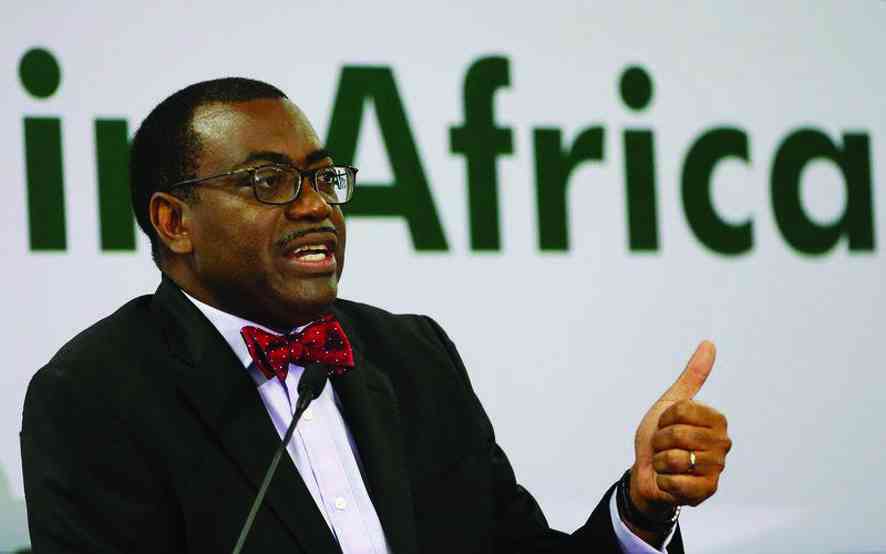
Zimbabwe on Monday got another opportunity to pitch its road-map towards arrears clearance and debt resolution to normalise relations with multilateral and bilateral creditors.
The meeting, midwifed by the African Development Bank (AfDB) on the sidelines of the bank’s annual meetings in Abidjan, Côte d’Ivoire, is one of the several engagements done since the launch of the structured dialogue process, a launchpad for Harare’s quest to normalise relations with Western capitals.
Monday’s meeting was key as it gave an update, a month after another event was held on the sidelines of the International Monetary Fund (IMF)/World Bank spring meeting in Washington.
At last month’s meeting, stakeholders acknowledged “tremendous progress” made but were quick to emphasise that challenges remain, with the AfDB chief Akinwumi Adesina flagging the enactment of the Private Voluntary Organisations (PVO) Bill into law as a “significant setback and poses a risk to the arrears clearance and debt resolution process”.
And on Monday, the PVO Amendment Act was seen as a blot on the progress made. According to European Union ambassador to Zimbabwe Jobst von Kirchmann, they had hoped that President Emmerson Mnangagwa would not sign the Bill into law. Now, they have walked a couple of kilometres back.
At the heart of the arrears clearance and debt resolution process are housekeeping issues — economic reforms, governance reforms and the payment of compensation to former farm owners, including those whose land was protected under the Bilateral Investment Protection and Promotion Agreements.
The government has ticked most of the boxes on economic reforms, which, among others, emphasise on a tight fiscal and monetary policy thrust, transfer of central bank quasi-fiscal operations liabilities to Treasury and making token payments to creditors.
On compensation, the government begun paying the US$311 million to the first batch of former farm owners through a US$3,1 million cash payment in March and US$308 million is being sought through Treasury bonds issued on April 1.
- Mavhunga puts DeMbare into Chibuku quarterfinals
- Bulls to charge into Zimbabwe gold stocks
- Ndiraya concerned as goals dry up
- Letters: How solar power is transforming African farms
Keep Reading
More work needs to be done on governance reforms, as Zimbabwe is lagging after meeting only seven out of the 16 benchmarks.
The abolition of the death penalty was a plus for Zimbabwe. However, as von Kirchmann said on Monday, the country has been found wanting on the “big 5” clusters — freedom of assembly, democratic elections, impartiality of the Judiciary, civil society and corruption perception index.
This entails that the government must redouble its efforts on the five indices which are weighing down governance reforms.
Once the country secures bridge finance to pay off the World Bank (US$1,6 billion), AfDB (US$676 million) and the European Investment Bank (US$425 million), it will unlock new concessional external financing sources, supporting Zimbabwe’s reform commitments and sustainable development.
It will also give Zimbabwe access to an IMF financing programme, which is contingent upon the successful completion of a supervised IMF economic reform programme.
The journey appears bumpy, but worth it. Zimbabwe can’t be a pariah State forever.
The ball is in Zimbabwe’s court given that creditors are willing to normalise relations.






